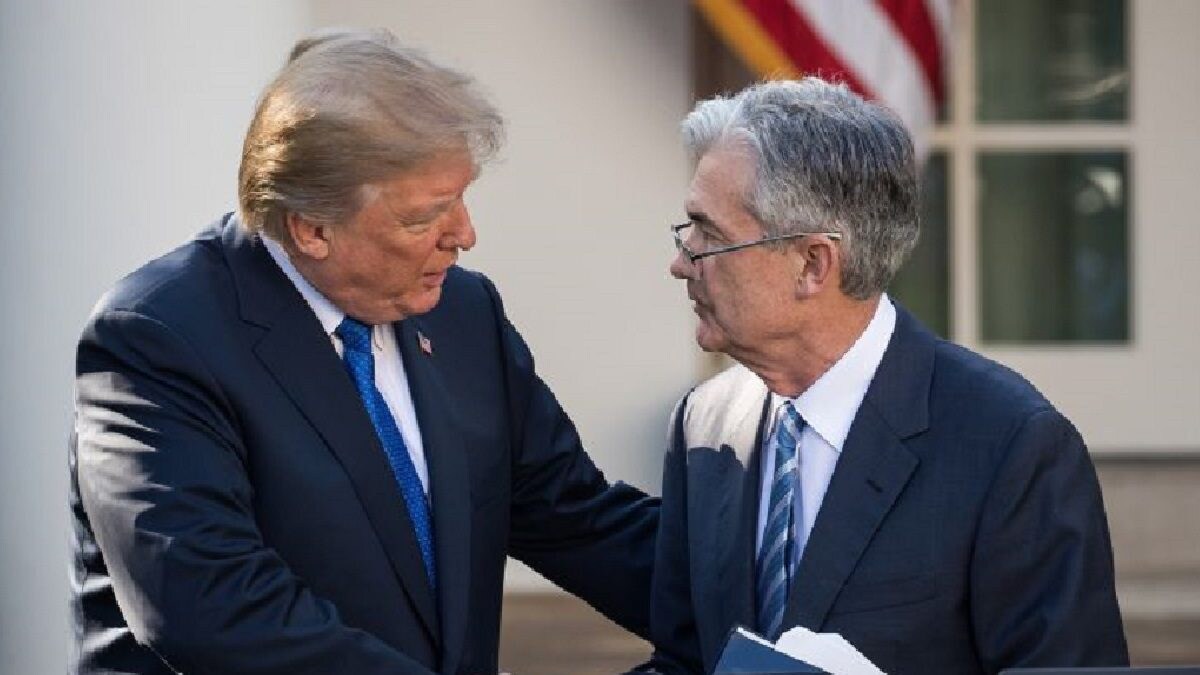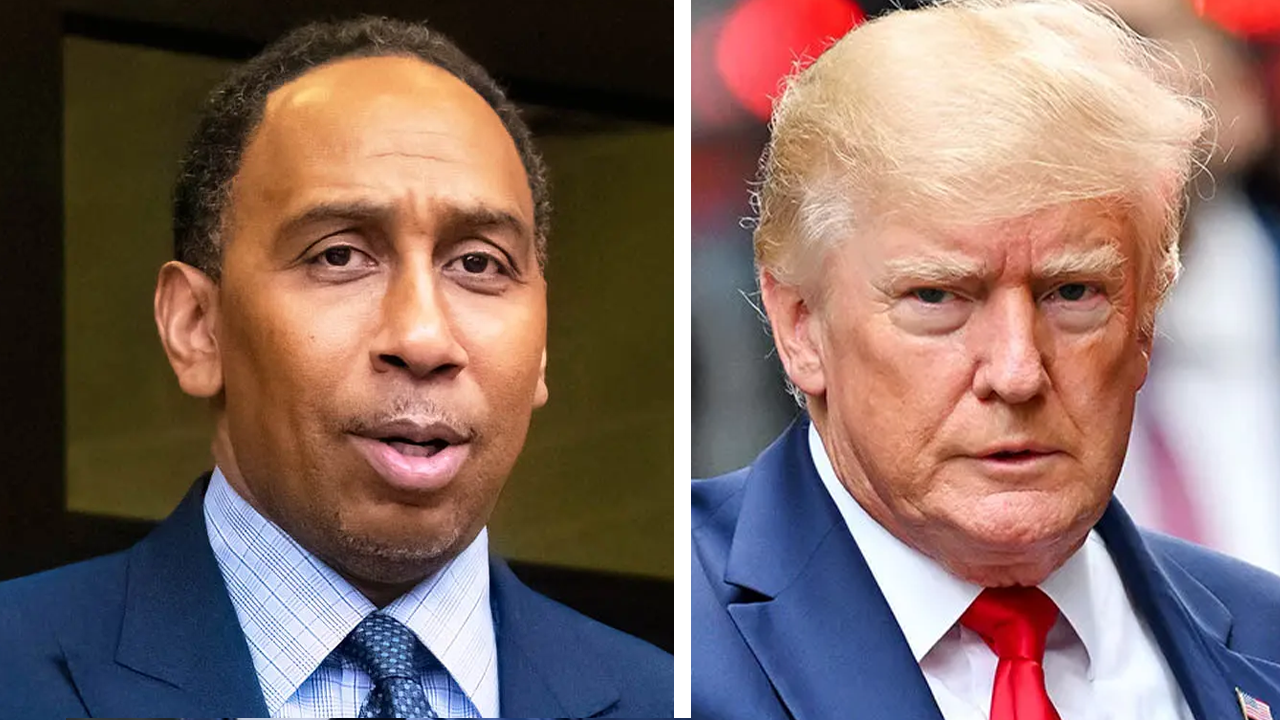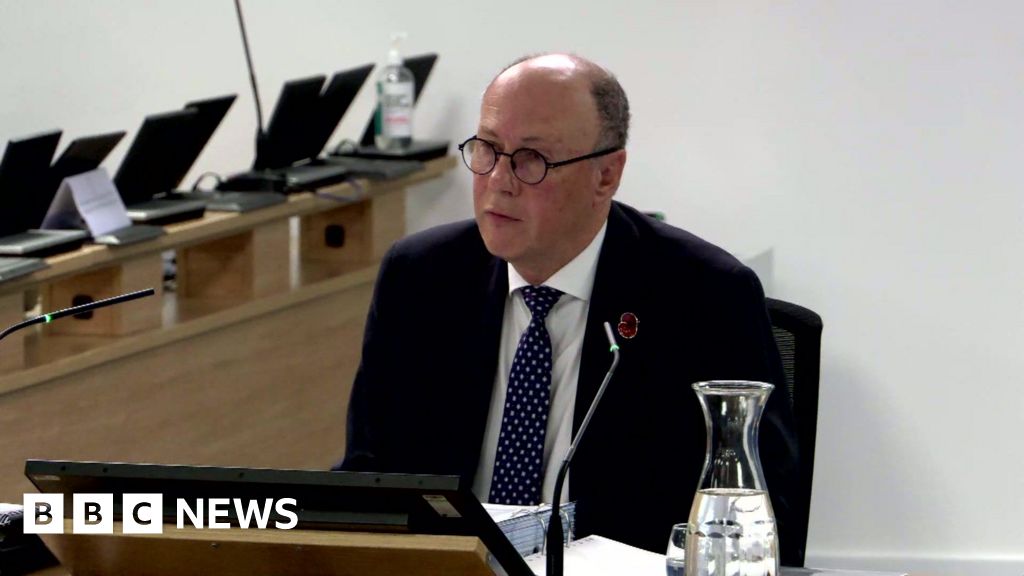The rapid spread of the Dengue virus across multiple counties in Florida has triggered intensified concerns among health authorities.
Broward County has recently entered the spotlight, as it joins Miami-Dade County under the vigilant watch for mosquito-borne illnesses.
In its latest arbovirus surveillance report from July 30 to August 5, the Florida Department of Health has highlighted two instances of locally transmitted dengue cases in Broward County.
These new cases contribute to the overall tally of 10 local dengue infections reported in the state this year, with the majority of cases occurring in Miami-Dade County, particularly during July.
The department has been proactive in identifying the virus strains, conducting PCR-based serotyping on the 10 reported cases. In comparison to the last year, when Broward County recorded a mere two locally acquired dengue cases, the current escalation is worrying.
An additional noteworthy statistic is the reporting of nearly 200 cases this year among individuals with recent travel histories to dengue-endemic regions.
This underscores the pivotal role of travellers in introducing the virus to Florida and perpetuating its transmission to local mosquitoes.
The scope of the outbreak extends beyond state residents, as evidenced by the involvement of non-Florida residents in ten reported cases. Furthermore, a single case meeting the criteria for severe dengue serves as a potent reminder of the potentially dire consequences of the illness.
While certain populations are particularly vulnerable, such as individuals with previous dengue infections, pregnant women, infants, the elderly, and those with underlying medical conditions, the virus’s impact is not confined to these groups. The Centers for Disease Control and Prevention (CDC) is closely monitoring the situation, reporting 225 dengue cases across multiple US states this year. Notably, dengue virus disease has held the status of a nationally notifiable condition since 2010.
As Florida confronts the burgeoning Dengue threat, heightened vigilance, comprehensive awareness efforts, and robust mosquito control strategies stand as crucial measures to curtail its public health impact.















































